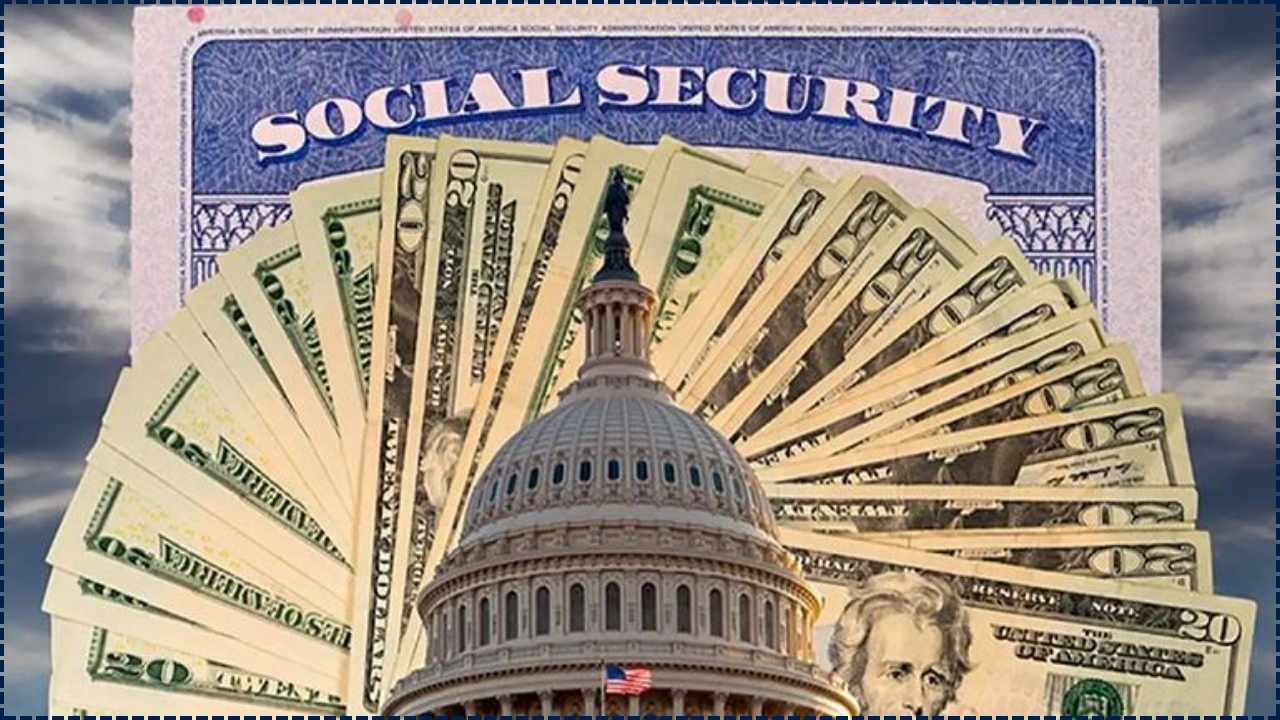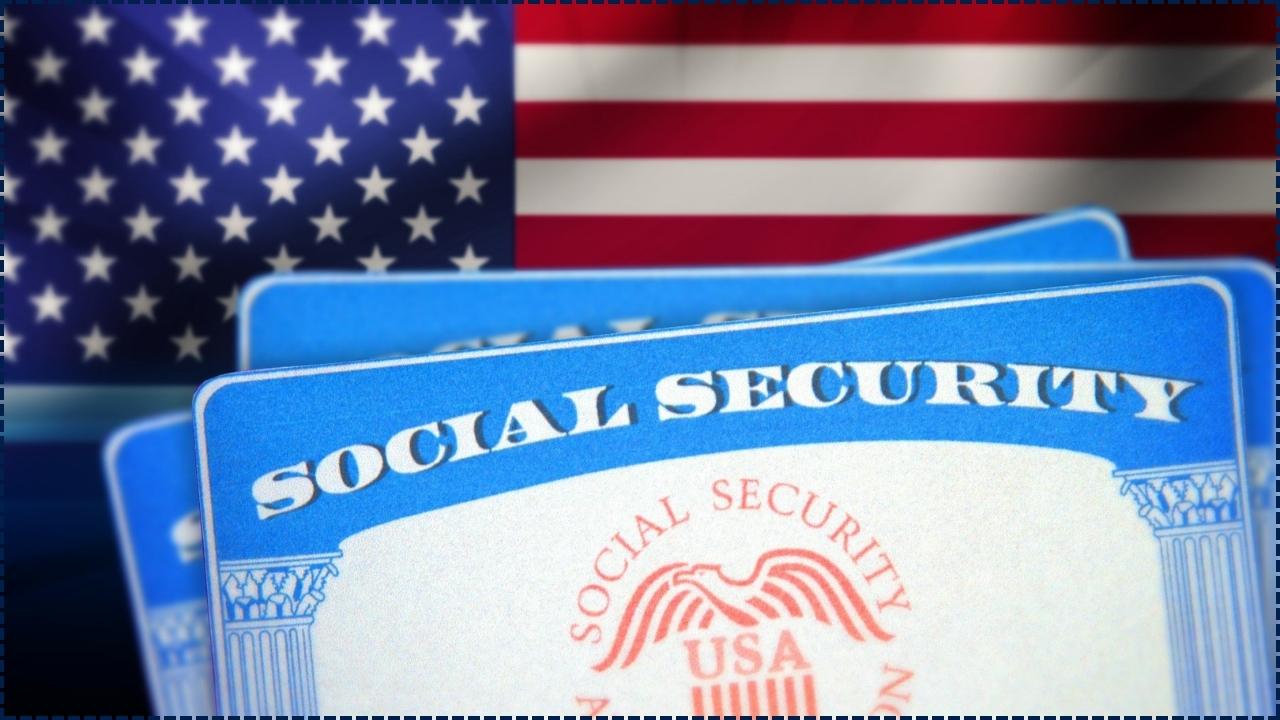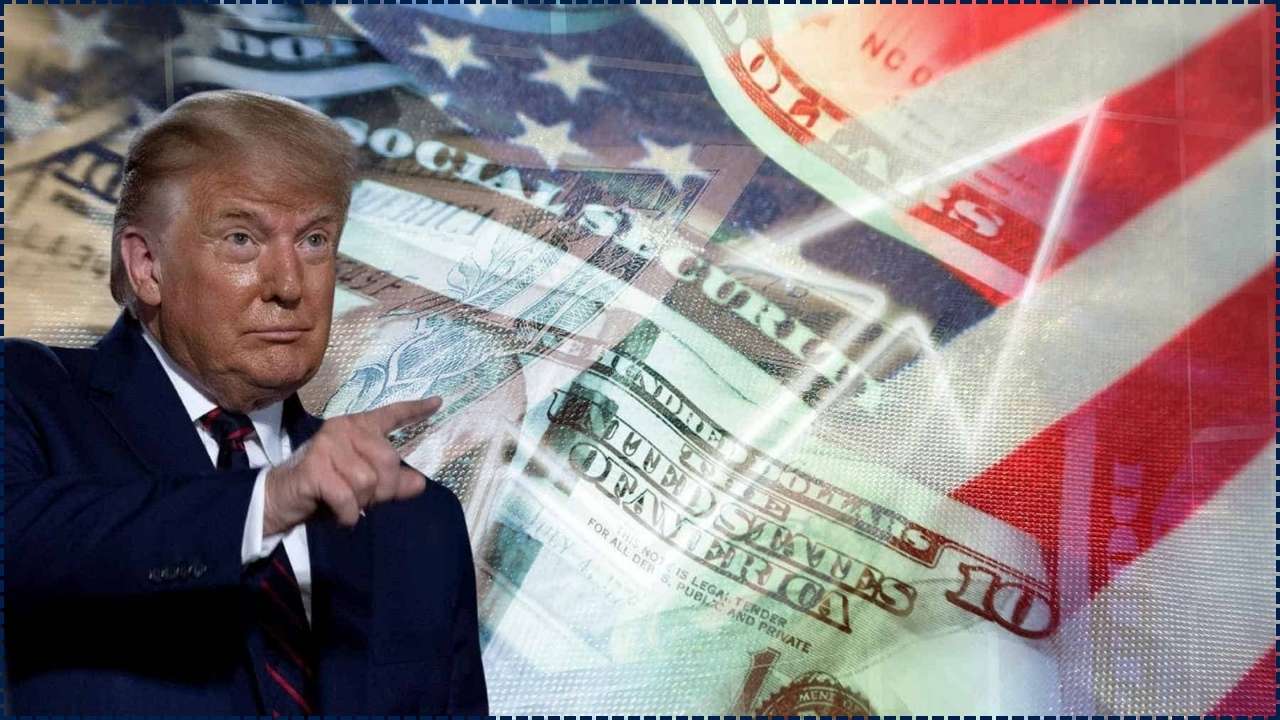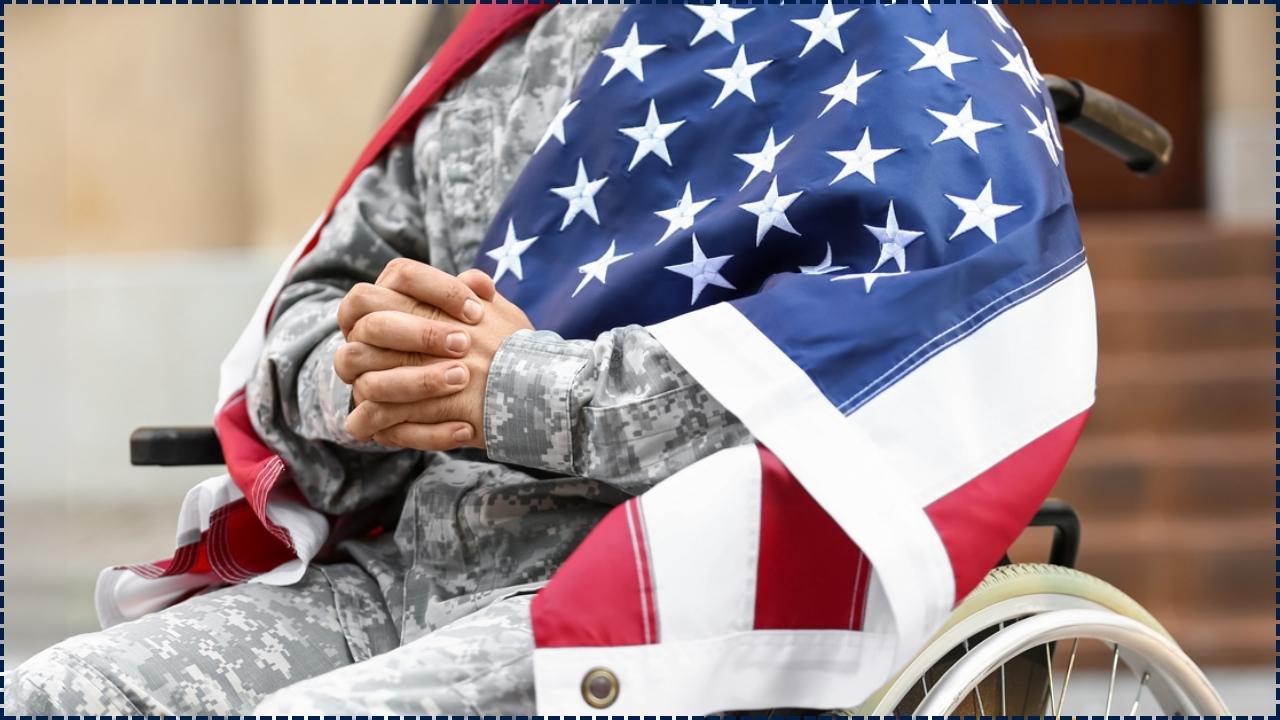With a tender and heartfelt embrace, we lovingly celebrate Florida’s compassionate step to weave healthier futures for its cherished low-income households through the Supplemental Nutrition Assistance Program (SNAP). Beginning January 1, 2026, a radiant initiative will gently guide SNAP benefits away from items like soda, energy drinks, candy, and prepared desserts, nurturing healthier eating habits with care. This sacred moment seeks to cradle the well-being of communities, fostering vitality and hope.
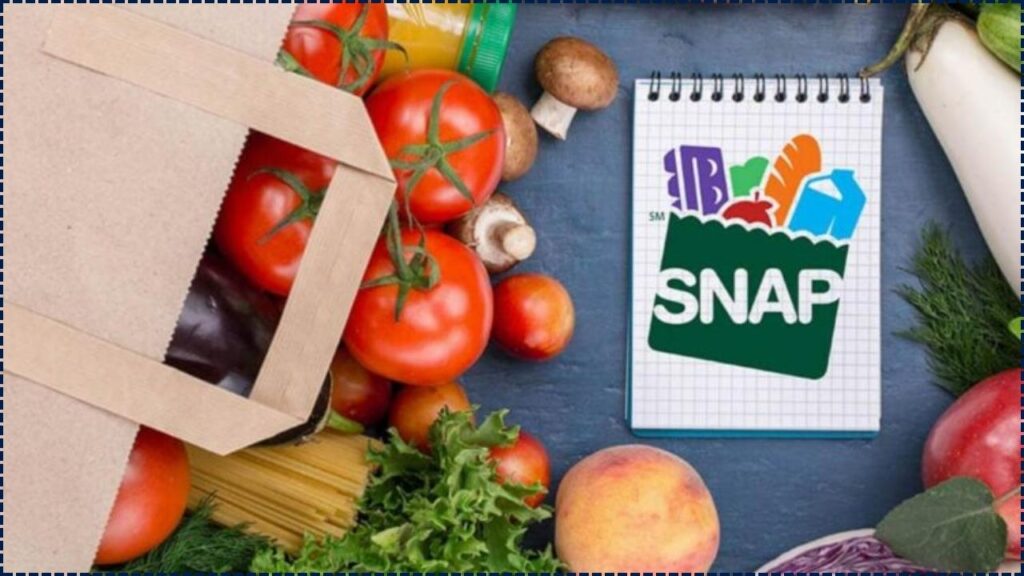
Together, we unite in fostering a compassionate community where every individual feels profoundly valued, supported, and uplifted with boundless hope, dignity, and love for their radiant journey toward health.
This policy is part of a broader effort to address public health concerns related to diet-related diseases like obesity, diabetes, and heart disease. But what does this mean for SNAP recipients, and how will it impact their ability to purchase food? Let’s break down everything you need to know about this significant change.
Florida’s Junk Food Ban for SNAP Recipients
| Feature | Details |
|---|---|
| Effective Date | January 1, 2026 |
| Prohibited Items | Soda, Energy Drinks, Candy, Prepared Desserts (e.g., cakes, cookies) |
| Program Affected | Supplemental Nutrition Assistance Program (SNAP) |
| Impact on Floridians | 2.9 million Floridians receive SNAP benefits and will be affected by the new restrictions |
| Federal Approval | U.S. Department of Agriculture (USDA) granted approval in August 2025 |
| State Agency Overseeing | Florida Department of Children and Families (DCF) |
Florida’s decision to ban junk food from SNAP purchases, effective January 1, 2026, marks a significant shift in the state’s approach to public health. While the ban aims to encourage healthier eating habits and reduce chronic diseases, it also raises concerns about access to affordable, nutritious food and the potential burden on low-income families. The effectiveness of this policy will depend on its ability to balance food access, education, and affordability. As the policy approaches, it will be crucial to monitor how it impacts Florida residents and whether it leads to the desired health outcomes.
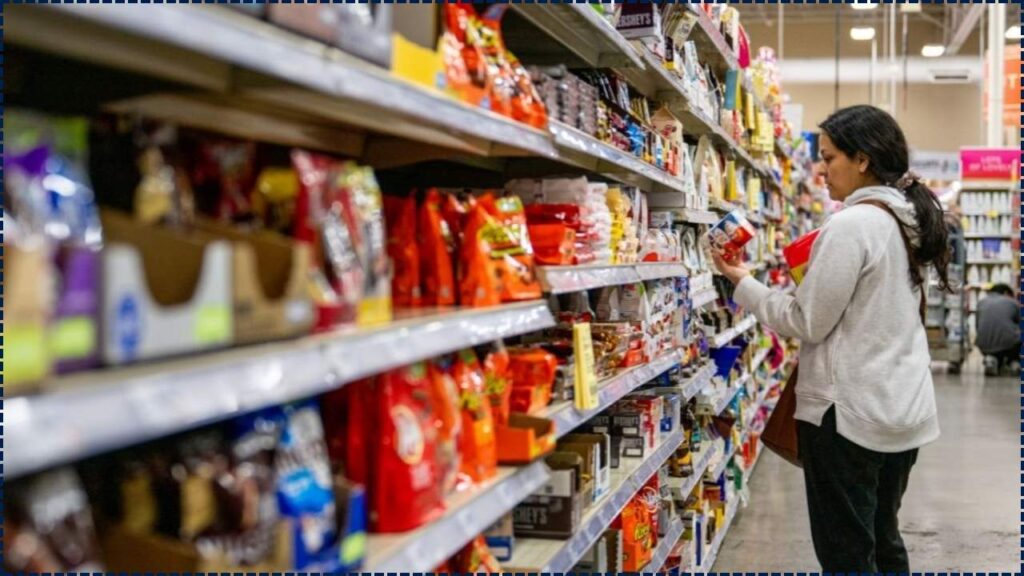
What is the Junk Food Ban for SNAP Recipients?
Starting in 2026, Florida SNAP recipients will no longer be able to purchase certain junk foods with their benefits. These include:
- Soda and energy drinks, which are high in sugar and offer little nutritional value.
- Candy, including chocolates, gummies, and other sugary treats.
- Prepared desserts, such as pre-packaged cakes, cookies, pies, and pastries.
These changes aim to reduce the consumption of foods that are commonly linked to chronic diseases like obesity, heart disease, and type 2 diabetes.
The Florida government believes that by restricting the availability of such foods in the SNAP program, recipients will be more likely to make healthier choices. Governor Ron DeSantis has been vocal in supporting the initiative, stating that it is a step toward fostering better health outcomes for low-income individuals and families.
Why Florida Is Making This Change
Florida’s decision to implement this junk food ban is rooted in a desire to improve public health. According to the Centers for Disease Control and Prevention (CDC), diet-related health issues such as obesity are disproportionately high among low-income populations. This ban is seen as a way to encourage healthier eating habits and reduce the burden of chronic diseases that are often exacerbated by poor diet choices.
The state of Florida joins other regions in taking steps to improve public health through changes in public assistance programs. By addressing diet-related issues at the policy level, Florida hopes to tackle some of the root causes of high healthcare costs and improve the overall well-being of its residents.
How Will This Ban Affect SNAP Recipients?
With 2.9 million Floridians depending on SNAP benefits, this change is expected to have a significant impact on their food purchasing habits. Here’s how it may affect recipients:
1. Limited Food Choices
For many, junk food makes up a significant portion of their grocery list due to its affordability and availability. By banning items like soda, energy drinks, and candy, recipients may have to adjust their shopping lists. While the change may push families to purchase healthier options, it might also present challenges in accessing affordable and nutritious alternatives, especially in food deserts, where access to fresh food is limited.
2. Healthier Eating Habits?
The goal of this ban is to promote healthier eating. By removing sugary drinks and snacks from the list of eligible items, the state hopes to encourage the purchase of more nutritious foods, such as fruits, vegetables, and lean proteins. While this could potentially lead to healthier dietary patterns, it also raises questions about whether the state is addressing the root causes of food insecurity.
3. Increased Financial Burden
For some SNAP recipients, the shift away from junk food may create financial stress. Items like candy and soda are often cheaper and more accessible than healthier alternatives. With the ban in place, families may find themselves needing to spend more money on fresh produce, lean meats, and other wholesome foods. This could further strain the budgets of low-income households.
Analysis of the Long-Term Health Impact
One of the primary objectives of this ban is to reduce the consumption of foods that contribute to chronic health issues like obesity. Public health experts argue that by limiting access to these foods, the state could see long-term improvements in diet-related diseases. Reducing sugary drinks and processed snacks could help decrease the risk of diseases such as type 2 diabetes, heart disease, and high blood pressure, which are prevalent in lower-income communities.
However, the effectiveness of such bans is still up for debate. While dietary changes can help, experts suggest that access to healthy food, education about nutrition, and community support are also critical components of improving public health. Florida’s policy may address some of these needs, but it may not solve the broader issue of food access in marginalized communities.
Comparison to Other States
Florida is not the first state to implement such restrictions. States like Minnesota, Arizona, and Michigan have explored similar bans on SNAP purchases of unhealthy food items. Here’s a quick look at how other states have fared with these initiatives:
- Minnesota: Implemented a ban on energy drinks and certain snack foods in 2018. Initial results indicated that the policy led to healthier food choices among recipients, but some families reported difficulty accessing affordable nutritious alternatives.
- Arizona: Arizona recently started restricting the purchase of sugary soda with SNAP benefits, encouraging recipients to choose healthier drink options like water or low-fat milk.
- Michigan: Introduced a pilot program limiting junk food purchases in 2021. Michigan saw a slight reduction in soda consumption, but challenges remain regarding the availability of healthier options in food deserts.
Florida’s ban will be one of the most significant and broad-reaching initiatives to date, given its scope and potential impact on the state’s large SNAP population.
Related Links
Social Security August Payment Dates Revealed — Will You Get Yours?
Trump Drops Bombshell on Retirees — Social Security Just Took a Hit
Trump’s Labor Department Shakeup Could Put Your Social Security COLA at Risk
Reactions from Florida Residents
Reactions to the junk food ban have been mixed. Some SNAP recipients welcome the move, seeing it as an opportunity to make healthier food choices and reduce long-term healthcare costs. Others are concerned about the limited food choices and higher costs associated with healthier foods.
Maria Gomez, a single mother of three who receives SNAP benefits, shared her thoughts:
“I get the idea behind it, but what about people like me, who don’t have a lot of time to cook? Junk food is quick, and I can make it last. Healthy food just isn’t as affordable or easy to prepare.”
Her sentiment reflects the challenge many face in low-income areas, where access to fresh food and affordable nutrition is limited.
Public Health Experts’ Opinions
Public health experts have weighed in on the potential benefits and challenges of the SNAP junk food ban. Dr. John Thompson, a nutritionist based in Florida, commented on the policy’s potential impact:
“While restricting junk food may help reduce sugar consumption, we must also look at how we can improve food access in underserved communities. Simply banning junk food doesn’t address the bigger issue of healthy food availability.”
Experts stress the importance of a multi-faceted approach that includes not only food restrictions but also increased access to affordable healthy foods and nutritional education.
What’s Still Eligible for SNAP?
Despite the junk food ban, SNAP recipients in Florida will still be able to purchase many other food items, including:
- Fruits and Vegetables
- Whole Grains
- Meats and Poultry
- Dairy Products
- Seeds and Plants for Growing Food
These healthy options will continue to be available to help SNAP recipients maintain a balanced diet.
FAQs
Q1: What items will be banned for SNAP purchases in Florida starting in 2026?
A1: Starting January 1, 2026, SNAP recipients will no longer be able to buy soda, energy drinks, candy, and prepared desserts like cakes and cookies with their benefits.
Q2: Why is Florida implementing this junk food ban?
A2: The ban is designed to encourage healthier eating habits and reduce the consumption of foods that contribute to obesity and chronic diseases. It aligns with broader efforts to improve public health.
Q3: Who will be affected by this ban?
A3: Approximately 2.9 million Floridians who receive SNAP benefits will be affected by the new rules starting in 2026.
Q4: What will SNAP recipients still be able to purchase?
A4: SNAP recipients can still purchase fruits, vegetables, meats, dairy, grains, and seeds for growing food. These items align with the USDA’s dietary guidelines.
Q5: How will the ban impact families in food deserts?
A5: Critics argue that the ban could disproportionately impact people in food deserts, where access to fresh food is already limited.
